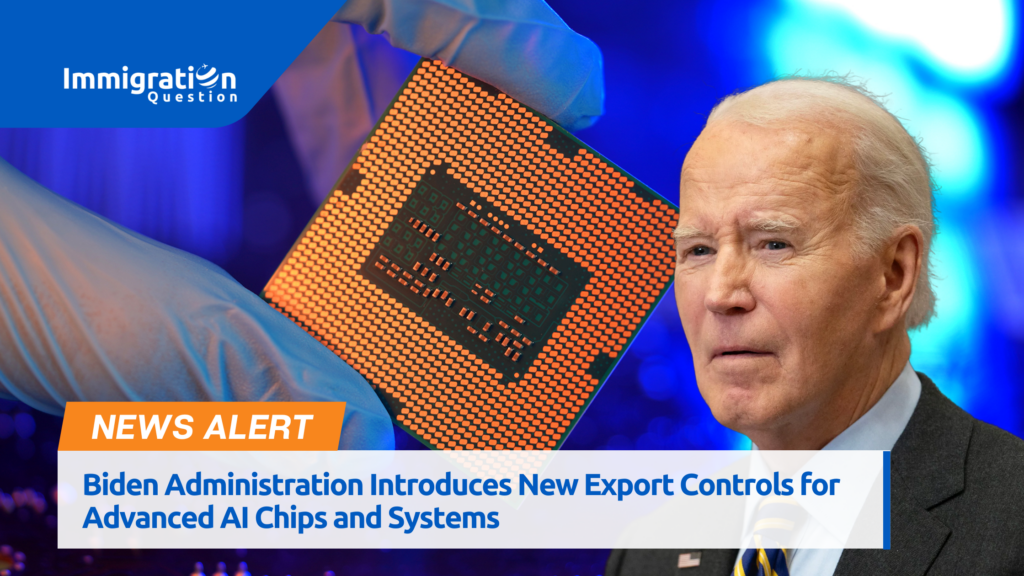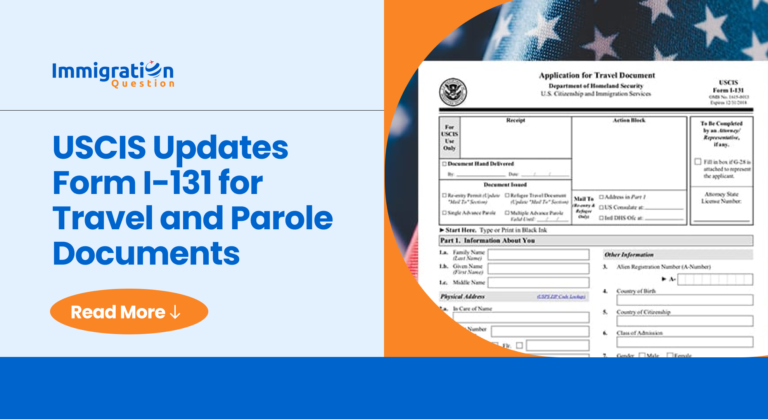In a strategic move to address growing concerns over artificial intelligence (AI) technology, the Biden administration has introduced a new set of restrictions on exporting advanced AI chips and proprietary model parameters. The rule aims to strike a balance between promoting innovation and protecting U.S. national security interests.
Key Details of the New Rule
The restrictions focus on advanced AI chips and closed weight AI models, which are used to manage user interactions with AI systems. The rules, subject to a 120-day public comment period, outline specific guidelines for trusted partner countries to access these cutting-edge technologies. By imposing these regulations, the administration seeks to ensure responsible use and limit potential risks associated with the misuse of AI.
Closed weight models, a central element of the restrictions, keep their parameters confidential. These parameters determine how the AI system processes user inputs and generates outputs. Unlike open weight systems, where these parameters are visible, closed systems provide additional layers of security.
Countries Impacted by the Rule
The policy exempts key allies such as Australia, Canada, Japan, and European Union member states from restrictions, allowing them to access advanced AI systems under secure storage requirements. Nations under U.S. arms embargoes, however, face stricter limitations, particularly concerning the transfer of the most powerful closed weight models.
For the majority of countries not categorized as close allies or embargoed, licensing requirements are not imposed for acquiring up to 1,700 advanced AI chips or less sophisticated versions. This tiered approach reflects a balance between innovation and security.
Aligning AI Use with U.S. Interests
The administration emphasized that the rules are designed to ensure that trusted allies with strong technology protection regimes can continue to benefit from advanced AI while aligning with U.S. security and foreign policy objectives. These nations are recognized for fostering robust AI ecosystems and adhering to stringent technology protection standards.
Looking Ahead: Biden Administration Introduces New Export Controls for Advanced AI Chips and Systems
As AI technologies continue to evolve, their role in enhancing productivity and addressing global challenges is undeniable. However, the potential for misuse presents significant risks, especially to national security. The administration’s proactive measures demonstrate a commitment to fostering responsible AI use while mitigating vulnerabilities.
Public feedback during the comment period will shape the final version of the rule, ensuring a comprehensive approach to AI governance. The move signals a broader effort to set global standards for AI regulation while maintaining technological leadership.
To stay updated and informed, watch our news section or drop your immigration queries on immigration question and get responses from professional attorneys.










